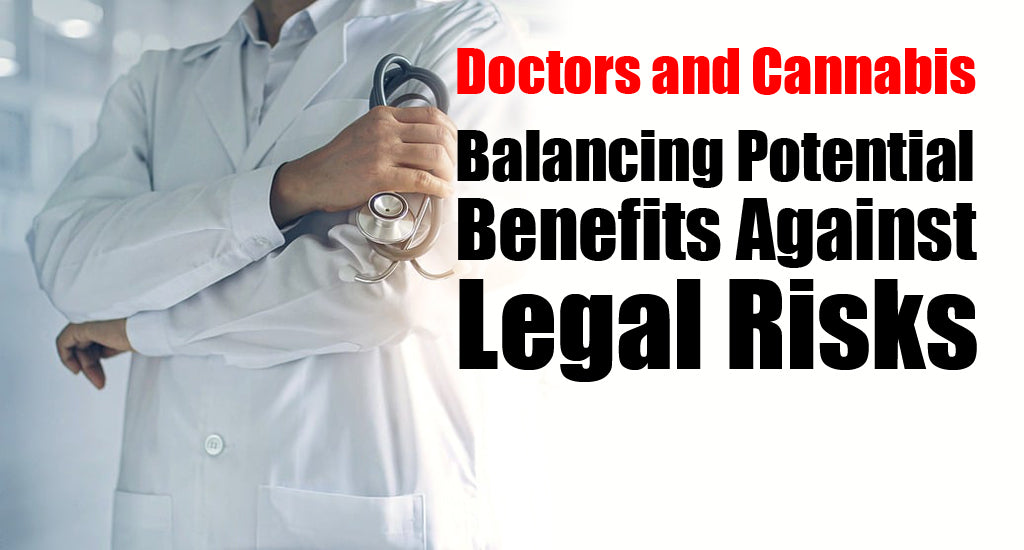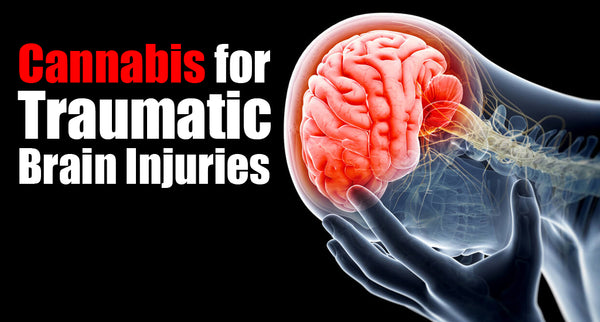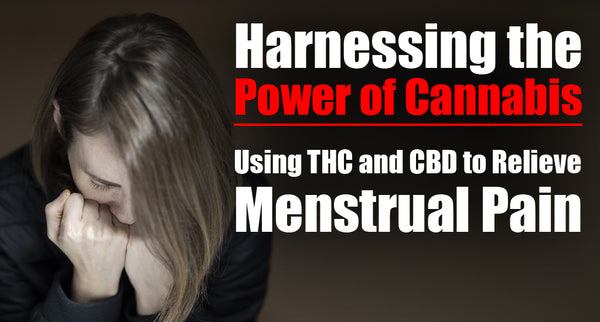
Doctors and Cannabis: Balancing Potential Benefits Against Legal Risks
The conversation around medical cannabis is evolving. As legalization expands across various states and countries, the medical community is grappling with how to approach cannabis as a treatment option. While some view it as a promising solution for various ailments, others are cautious, citing the need for more research and concerns about legal and professional risks.
Conditions Doctors May Recommend Marijuana For
The medical community's approach to cannabis as a therapeutic option is a subject of ongoing debate and concern. While the anecdotal and emerging scientific evidence points towards its potential benefits in managing various health conditions, the medical profession's stance on recommending cannabis remains cautious and, at times, hesitant.
This reluctance can be attributed to a complex interplay of legal, professional, and educational factors that challenge the incorporation of cannabis into mainstream medicine. Despite the growing acceptance of cannabis among the public and in certain legal jurisdictions, doctors navigate a landscape filled with potential risks and uncertainties. Understanding the reasons behind their hesitance is crucial for addressing the barriers to cannabis as a recognized medical treatment
-
Legal and Professional Risks: Despite state-level legalization, federal law still classifies cannabis as a Schedule I controlled substance, creating a legal gray area that discourages many doctors from recommending it.
-
Lack of Standardization: The variability in cannabis strains and products, along with the absence of standardized dosing guidelines, makes it difficult for doctors to prescribe cannabis with the same confidence as FDA-approved medications.
-
Insufficient Research: There's a significant gap in rigorous, large-scale research on cannabis due to its legal status, which leaves doctors unsure about its efficacy and safety profile for various conditions.
-
Professional Stigma: Many healthcare providers still harbor biases against cannabis, influenced by decades of prohibition and the war on drugs mentality, which can affect their willingness to consider it as a treatment option.
-
Educational Gaps: Most medical professionals received little to no education on cannabis and its medical applications during their training, leading to a lack of comfort and knowledge about how to incorporate it into patient care.
Conditions Doctors May Recommend Marijuana For
The potential therapeutic applications of medical cannabis are increasingly recognized within the medical community, offering hope for patients with conditions that have been difficult to manage through conventional treatments. Doctors are beginning to suggest cannabis for a variety of ailments, driven by both patient testimonials and a growing body of research underscoring its efficacy.
This shift reflects a broader understanding of cannabis's versatility as a medicine, providing relief for symptoms ranging from physical pain to neurological disorders. As the stigma surrounding cannabis use diminishes, its role in patient care continues to expand, highlighting its potential to address a spectrum of medical challenges.
Most Common Illnesses Doctors Might Suggest Cannabis For:
-
Chronic Pain: One of the most widespread applications of medical cannabis is the management of chronic pain, offering an alternative to opioid medications with a lower risk of dependency.
-
Epilepsy: Cannabis, particularly CBD-rich strains, has been shown to significantly reduce the frequency and severity of seizures in patients with epilepsy, including difficult-to-treat forms like Dravet syndrome.
-
Multiple Sclerosis (MS): For those suffering from MS, cannabis is often recommended to alleviate symptoms such as muscle spasms, pain, and stiffness, improving quality of life.
-
Chemotherapy-Induced Nausea and Vomiting: Medical cannabis is frequently suggested to cancer patients undergoing chemotherapy to help manage nausea and vomiting, enhancing their ability to tolerate treatment.
-
AIDS/HIV-Related Anorexia and Weight Loss: Cannabis has been beneficial in stimulating appetite and weight gain in AIDS patients, addressing anorexia and cachexia that often accompany this condition.
-
Depression and anxieties: Increasingly, medical cannabis is being considered as a treatment option for depression, particularly for patients who have not responded well to traditional antidepressants. Its potential to elevate mood and provide relief from the symptoms of depression is gaining attention among healthcare providers.
Conclusion
As the medical community and society at large continue to evolve in their understanding and acceptance of cannabis as a therapeutic option, it's clear that more research, education, and legal reforms are needed. The potential benefits of cannabis for certain illnesses cannot be ignored, but a cautious and informed approach is essential to navigate the complexities of recommending cannabis as a treatment.



